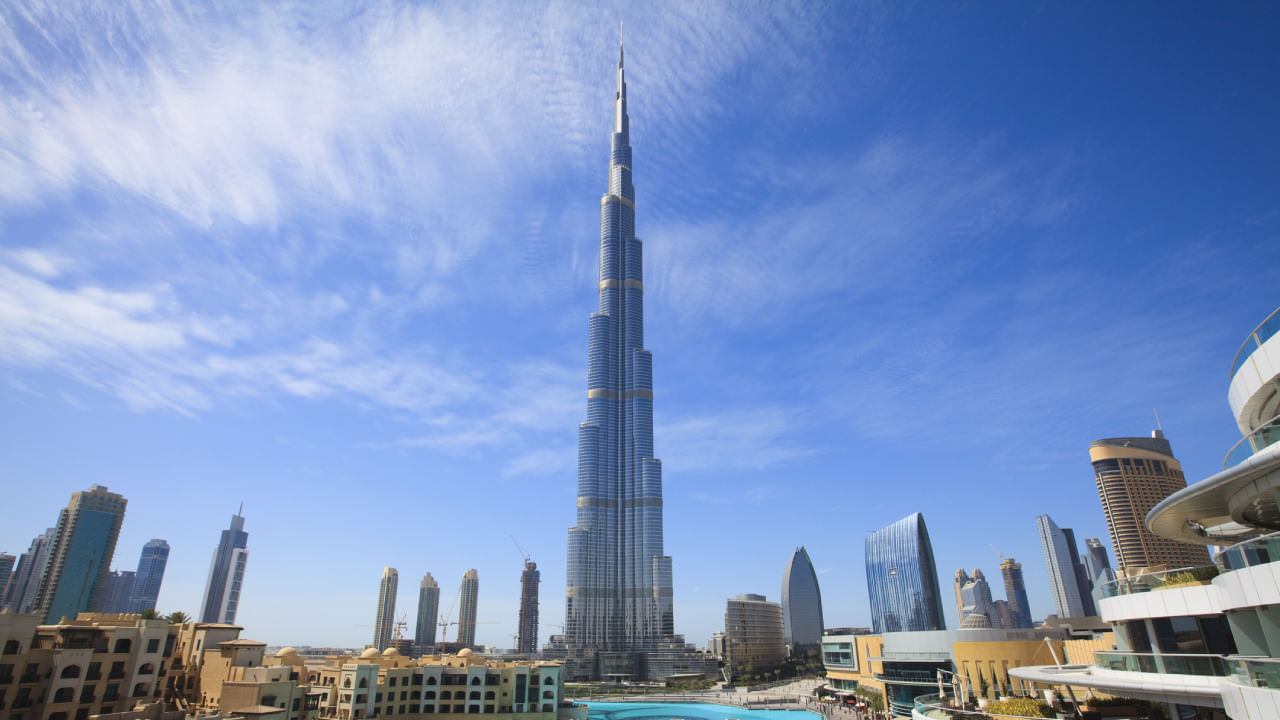New Delhi: “Make in Emirates, make for the world.” That has been the United Arab Emirates’ (UAE) pitch since 2021. Now, the message is striking a chord with Indian manufacturers.
Several Indian companies are setting up fully operational manufacturing bases across free-trade zones in the Gulf nation. Personal-care and pharmaceutical major Himalaya Wellness, electric-vehicle maker Omega Seiki Mobility (OSM), electric-bus manufacturer Switch Mobility (a subsidiary of Ashok Leyland), and iron-and-steel-pipe producer Jindal Saw are among those leading the way.
Others, including consumer-goods company Dabur, eyewear retailer Lenskart, and the Tata Group, already have a firm footprint in the Emirates. Tata’s presence is particularly diverse, ranging from hospitality ventures such as Taj Exotica and The Palm Dubai, to Tata Steel Middle East’s downstream facility for steel flooring at Jafza.
The Jebel Ali Free Zone (Jafza) alone hosts 11,000 companies, of which about 2,300 are Indian. “We are positioning the UAE as our primary hub for expansion across the Gulf, with a strong focus on EV and CNG two- and three-wheeler segments, and our upcoming drone programme,” said Uday Narang, founder and CEO of OSM.
The UAE’s success stems from its ability to transform barren desert into competitive hubs for tourism, technology, and now manufacturing. India attempted a similar path with its special economic zones (SEZs) and Gujarat’s GIFT City, but results have fallen short. While India currently has 276 operational SEZs housing around 6,300 companies, the UAE—smaller in area than Bihar—runs 40 free-trade zones supporting more than 200,000 firms.
The economic partnership also rests on strong trade ties. The UAE is India’s third-largest trading partner after China and the US. Following the signing of the Comprehensive Economic Partnership Agreement (CEPA) in 2022, bilateral trade surged from USD 72.87 billion in FY22 to over USD 100 billion in FY25.
